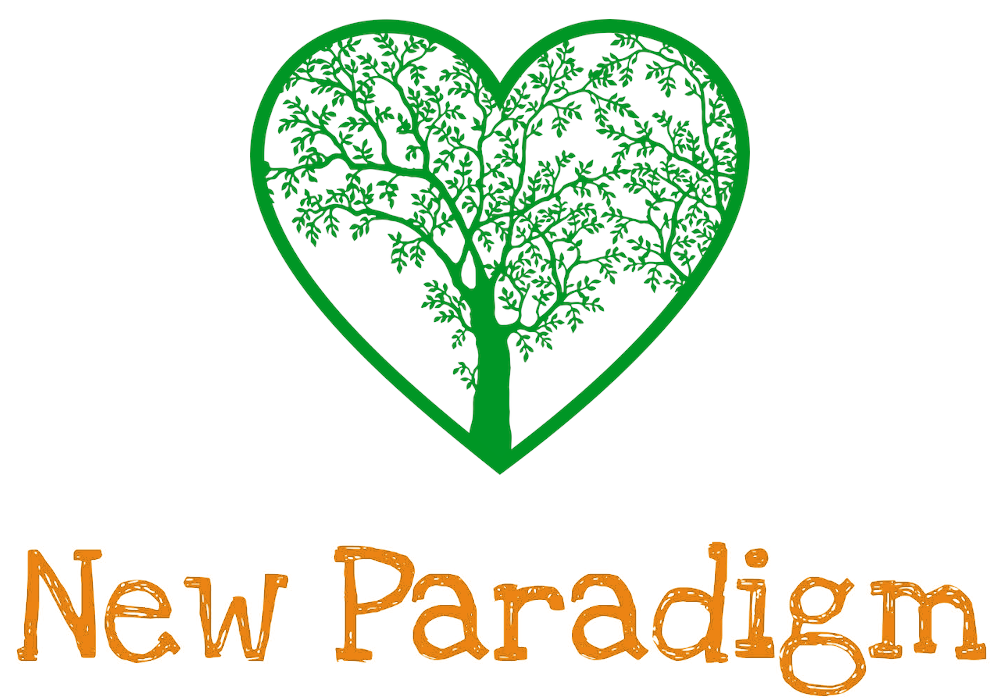
One of my earliest memories was that of receiving my first Bible. I was probably five years old at the time, and so it may seem a very strange gift to have received. However, within the fundamentalist tradition that I was raised in, this was the present of all presents. It was the proverbial gift that would keep on giving, provided that I put the time and effort into reading it and following the path it provided.
Now that I look back on it, I feel pretty cheated. After all, I was five. What five-year-old wants a big, leather bound book, even if his name is embossed on the cover? Still, although I wasn’t thrilled at the time, I actually came to appreciate this gift as I matured within the fundamentalist tradition. This was more than a book; it was the book with all the answers.
In the tradition I was raised in, life was seen as an ongoing test of sorts. If you passed the tests presented to you, then you would either earn a reward in the here and now, or perhaps even better, you would earn your reward in the afterlife, that time of eternal bliss and peace for those who had done well in this life. Alternatively, if you failed the tests you faced then you suffered consequences of varying severity, both in this life and in the life to come. Fortunately, for those of us who were on the ‘right side of the fence’, this was an open book test, and I had just received the book with all the answers.
Fundamentalists aren’t alone in the belief that their book is THE BOOK, and that it contains all the answers you need in order to not only ensure a happy and meaningful life on Earth, but also to ensure eternal bliss in a paradise of one form or another. Just about every organized religion and belief system has its own version of a sacred text. It is one of the few things that all mainstream religions share in common, even if they don’t prefer to see it that way. After all, each book is seen as the one and only true book, making all others false. Still, from an outside perspective a book is a book. It’s the unwavering faith placed in those books that is the important thing to consider here.
This is where it gets a bit tricky, at least for someone with an open mind who is constantly asking questions. Placing blind faith in a book is a risky business under the best of circumstances. Truth be told, placing blind faith in ANYTHING can be a recipe for disaster. Blind is blind, and it is rarely something that proves beneficial no matter the context. But this is all the more true when you take several factors into consideration. First and foremost, in the case of the Bible, the actual authors are unknown. Sure, certain books are attributed to certain people, but who actually can be sure that those suppositions are true? And even if they are, those people haven’t drawn breath for hundreds or even thousands of years. In fact, in some cases the very existence of these people has come into question. How can you place blind faith in a book when you don’t even know who wrote it?
The second problem to overcome is when you have a book that isn’t a book. That is, when you have a book that is a collection of books, as in the case of the Bible. Whenever you have a collection of writings that span thousands of miles and thousands of years you are bound to have differences of opinion from time to time. The Bible is far from clean on that count. So, what do you do when two different passages tell you two different things? In short, you close your eyes and hope for the best. Needless to say, that doesn’t always provide the direction and comfort you are looking for.
Perhaps the biggest problem of all is the fact that the ‘open book’ dynamic tends to lead to a closed mind, which is never a good thing. When you believe that your sacred book has all the answers, then any idea, tradition or discovery that seems to contradict your book must necessarily be incorrect at best, and completely deceptive at worst. This is one of the reasons why science is seen as the enemy by fundamentalists even in this day and age. When foundational concepts such as creation and even the existence of God himself are brought under scrutiny, there are bound to be problems. However, rather than questioning an ancient manuscript whose authorship is dubious at best, it’s the scientific theories and discoveries that get put to the sword. Evolution, geology, and numerous other disciplines are seen as flawed and even heretical since they present evidence that goes against the strictest interpretation of the Biblical text.
Furthermore, a strict adherence to the traditions embodied within ancient texts necessarily prevents a person from moving forward when it comes to things such as social values and the like. The world of our ancestors, particularly during the Biblical age, was vastly different from the world today. Racism, bigotry, misogyny, and other similar mindsets were the norms of the time. Unfortunately, while most in the modern world are moving away from such diabolical and archaic qualities, those rooted in ancient texts continue to perpetuate them in full. Thus, while technology, science and medicine have evolved exponentially over the course of the past two thousand years, many values and beliefs remain unchanged. Is it any wonder, then, that we find the world in the virtually schizophrenic state that it’s in?
As I look back on my upbringing, I shake my head in disbelief, wondering how I survived it all. After all, I had been born into this tradition, therefore I didn’t know any other way of thinking existed until much later on in life. I was fully programmed to believe that the Bible contained all the answers. However, as I matured and my mind began to open, much to the dismay of my parents and other like-minded people, I started to see things very differently. I began to realize that my belief system was not only very flawed, but it was nothing short of a self-fulfilling ‘truth’. Every belief that I had was due to this book. I believed in God because the book said to. I believed in Heaven and Hell because the book said they existed. I believed in the devil because the book told me he was the bad guy who was gunning for my soul. In the end, if the book were to go away, what would I be left with? The answer was ‘nothing’.
The simple truth is that the Bible is a self-serving loop. It tells you that God exists, and that the only path to salvation is to serve Him. Then it tells you that the Bible is the very word of God itself, and therefore cannot be questioned or doubted. Thus, God exists because the book says so, and the book is true because the book says so. In the end, as I began to question the Book itself, all of my beliefs began to evaporate. Once I stopped believing in the Bible, I stopped believing in everything the Bible represented. Although this experience was terrifying and traumatic at first, it became quite liberating in the end. I decided that anything worth believing in would exist outside of books and traditions. That’s when I put down sacred texts once and for all and began finding my faith in the world around me, as well as the world within.
